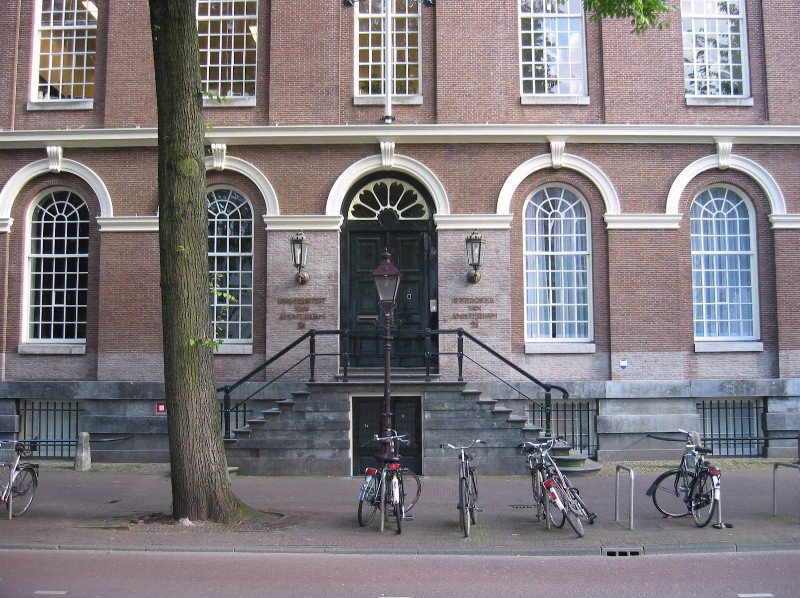As one of the leading universities in Europe, the University of Amsterdam (UvA) ought to attract students from all ethnicities and nationalities. Why is the university then suffering from a lack of diversity? Stefanos Yowhannes from Norway interviewed Alfie Martis from the Diversity forum. “The UvA lacks social justice and awareness of its colonial past.”
Alfie Martis is student at the UvA, a member of the University of Colour and a contact member for the Diversity forum, which is overseeing the work of the now dismantled diversity committee. Martis strongly believes that UvA is lacking in diversity and not providing better care for international students and students with different ethnicities.
Colonial past

Martis argues that the UvA lacks social justice and awareness of its colonial past. Even with an increasingly diverse student body, from all corners of the world, the university continues to follow a traditional Eurocentric way of study. “The university loves to advertise diversity in their body, but there is very limited guidance for international students and it is very easy to not feel at home because of one’s ethnicity or background. The lectures and study materials are often from an old format which does not resonate with today’s society.”
Martis is a member of the independent organization and post-colonial platform called the ‘University of Colour’ (UoC), which strives to decolonize Eurocentric views and make the colonial history visible so society can learn from it. “Colonial history is just not history; it also lives on the present, which is why we want to further challenge the Eurocentric academia.”
The UoC aims to get rid of Eurocentric ideas at universities and create a balanced curriculum. Martis goes on to pose the question of diversity: when the university has buildings which are representing the colonial times, then she asks: “How can I, as a student, feel comfortable when my studies are in a building that were built with wealth from colonized countries?”

The ‘N-word’
Furthermore, she goes on to state the importance of acknowledging mistakes and past failures instead of ignoring them. “When you have a history of colonizing and oppressing, there is no reason to hold on to those traditions, we need to evolve from that, instead of holding on to them. Last year, I took a class on Caribbean literature, and even if many of the old books from colonial times included the ‘N-word’ (nigger), the lecturer said the word loudly in class without thinking that it could affect students of colour.”
Although the importance of restoring culture is still valid and important at a top university, the UvA should at least consider to make their campuses and buildings more comfortable for internationals and students with different identity. “The same goes for their curriculum and staff, it all needs an evaluation when it comes to the issue of diversity.”
“The lecturer said the ‘N-word’ loudly in class, without thinking that it could affect students of colour.”
Commission dismantled
In October 2016, the Diversity commission presented their report on how to improve diversity at the UvA. The report diagnoses UvA as “a case of strong egalitarianism coupled with a lack of diversity literacy.” After the report and its findings were presented, the commission was dismantled by the university.
Martis argues that the university just did not want to change and did not listen to what the report stated. “Instead of trying to change, the university blindly looked away from the report and saw it as allegations and not as facts. How can the academic environment of the university improve if there is a failure to see where there is wrongdoing?”
A large student body means there will be a large differences in backgrounds. The UvA surely needs to listen to issues that can stand against a better learning and academic environment, especially for people with a non-Dutch background.
After all, it only seems right that a city like Amsterdam — which prides itself on being liberal — should also have a genuinely liberal university.



